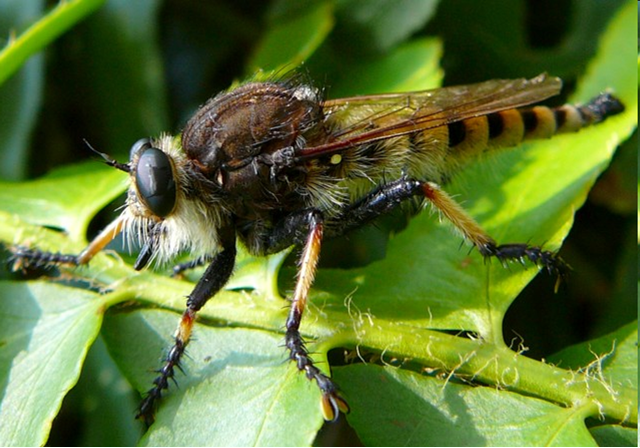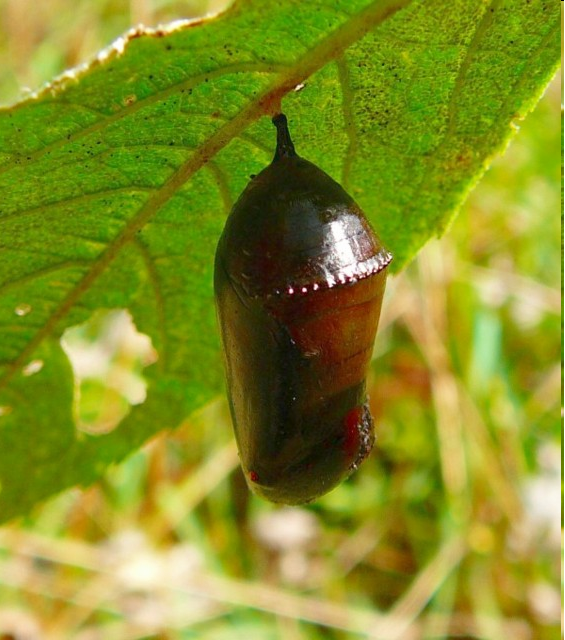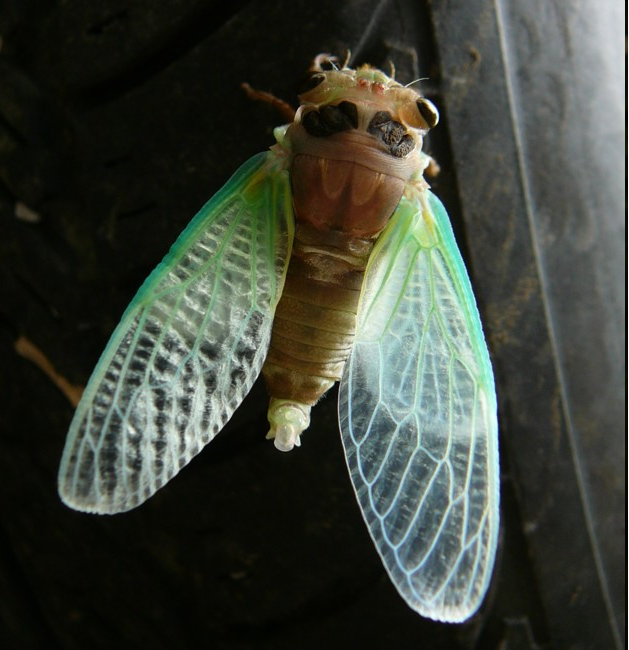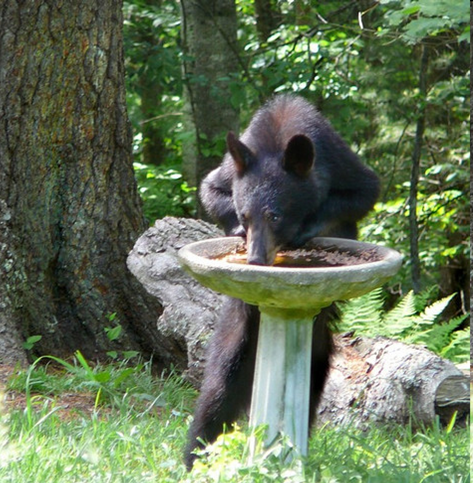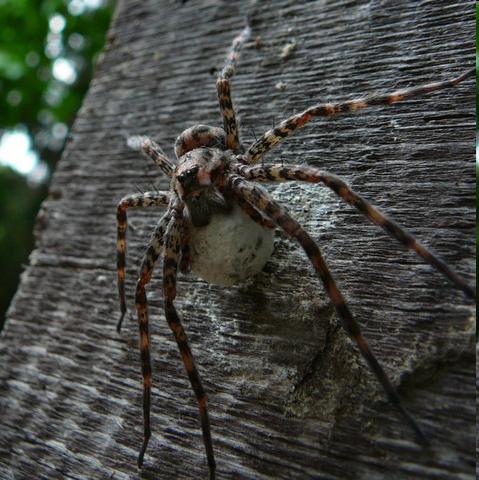How Fly Fishing Saved a Veteran’s Life
Army veteran Kyle Chanitz spent two and a half years deployed in Afghanistan, where he saw intense fighting and suffered concussions that led to seizures. When he returned to the U.S., he started taking college classes, but then dropped out to follow the jam band Phish around the country.
He spent 18 months on the road, got into drugs and spiraled out of control.
I had eight accidental heroin overdoses in a year,” Chanitz said. “And the whole time it was like, man, I don’t want to be doing this.”
Then one day, Chanitz was driving through Richmond, Virginia, on his way to the beach when he said he saw a sign for a Veterans Affairs hospital. He was in the midst of a methamphetamine binge and felt suicidal. Chanitz pulled over at a Walmart and convinced his meth-maker, who was riding with him, to get out of the car. Then he drove off to check himself into the hospital.
The VA moved him to a facility in Salem, Virginia, which sits at the eastern gateway to central Appalachia. After rehab, Chanitz tried to settle into life in the Roanoke Valley. He spent a lot of time in programs for disabled vets. He was learning how to garden when someone told him about Project Healing Waters, a fly-fishing program for disabled vets.
“We take vets that have never fished, and we walk them into the middle of the river, and it just washes over them,” said Bob Crawshaw, a Navy veteran who works with Project Healing Waters. “They just relax. They just go … whoooooooo.”
The program is designed to tap into the veterans’ situational awareness—the training that soldiers need to stay alive in a combat situation, but which can become intolerable when they return home to civilian life. In Afghanistan, Chanitz was usually the first guy through the door when his unit was searching for enemy combatants. He was trained to immediately process his surroundings and detect potential threats — a stray wire, a person holding a gun or knife.
But you can’t just turn that off after leaving the military. Even today, seven years after he got out of the Army, Chanitz said his eyes still dart around, followed by his arms and upper torso. It’s the muscle memory of maneuvering with a bullet-proof vest and rifle.
Crawshaw said that fly fishing takes those instincts and applies them to a serene, peaceful environment.
To continue story click HERE





















